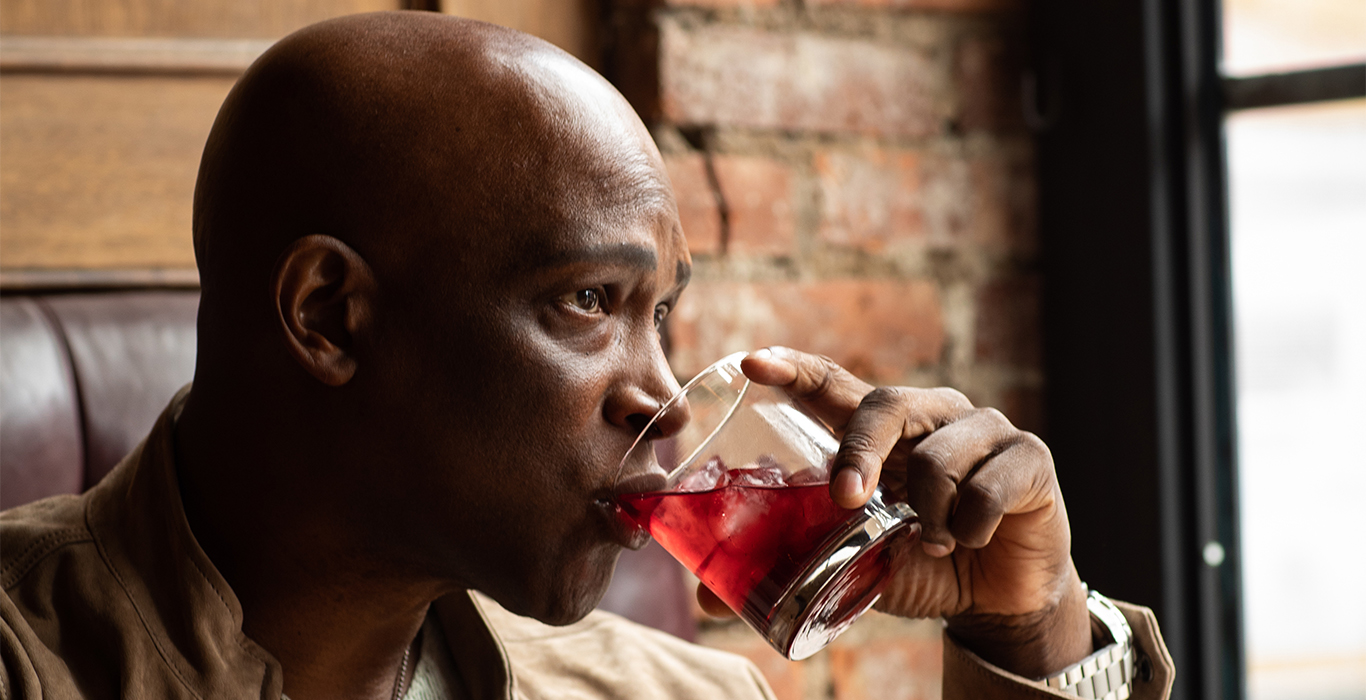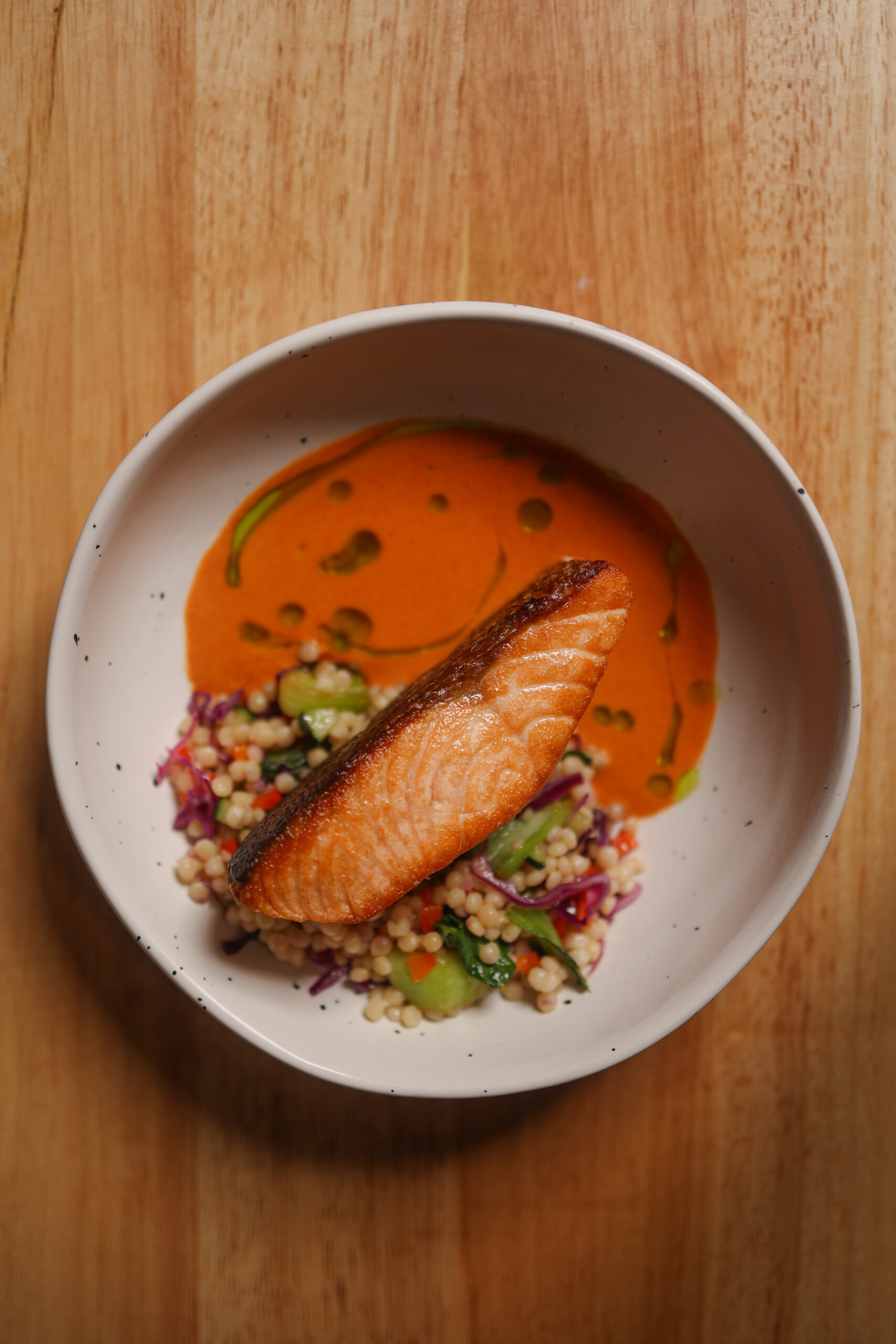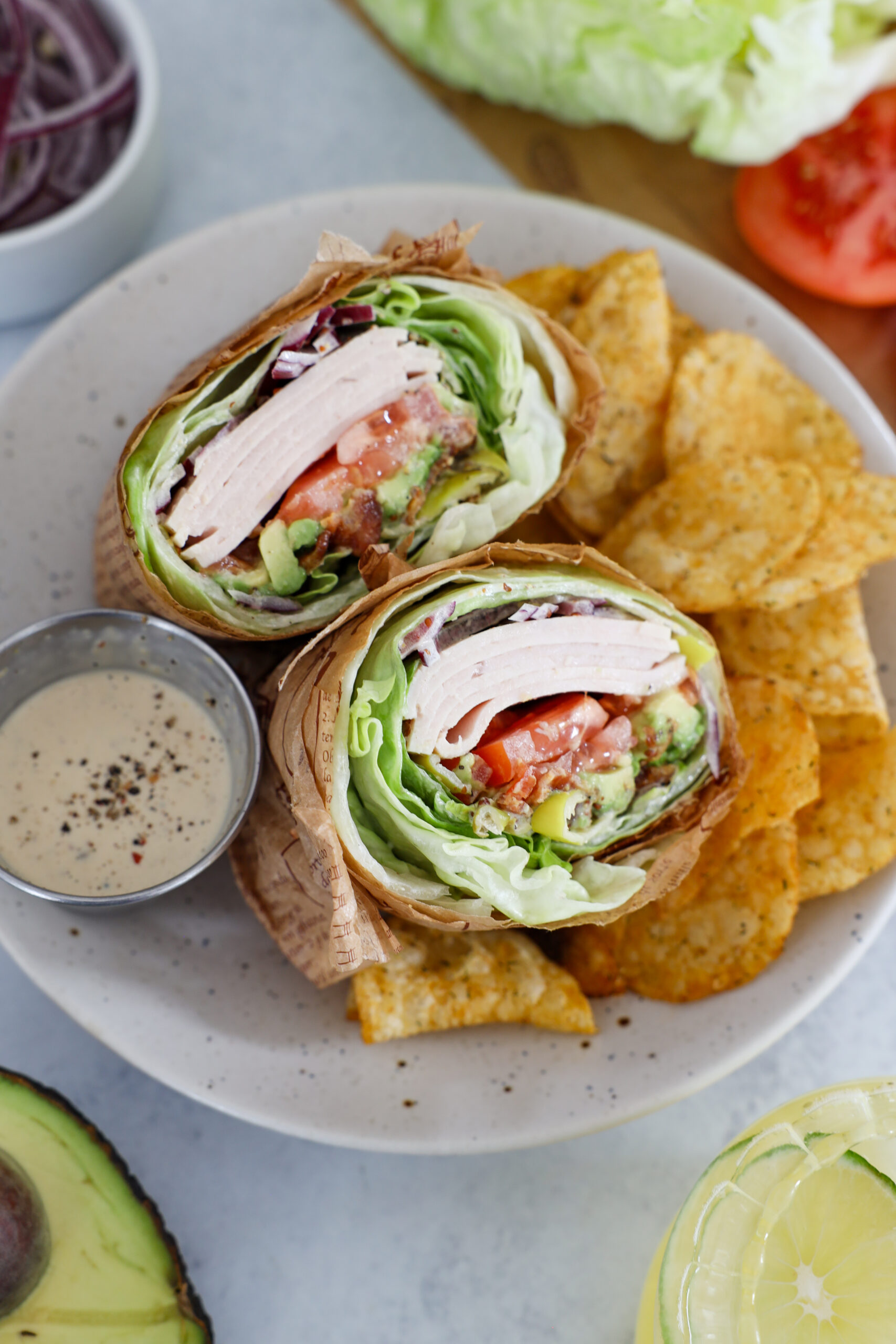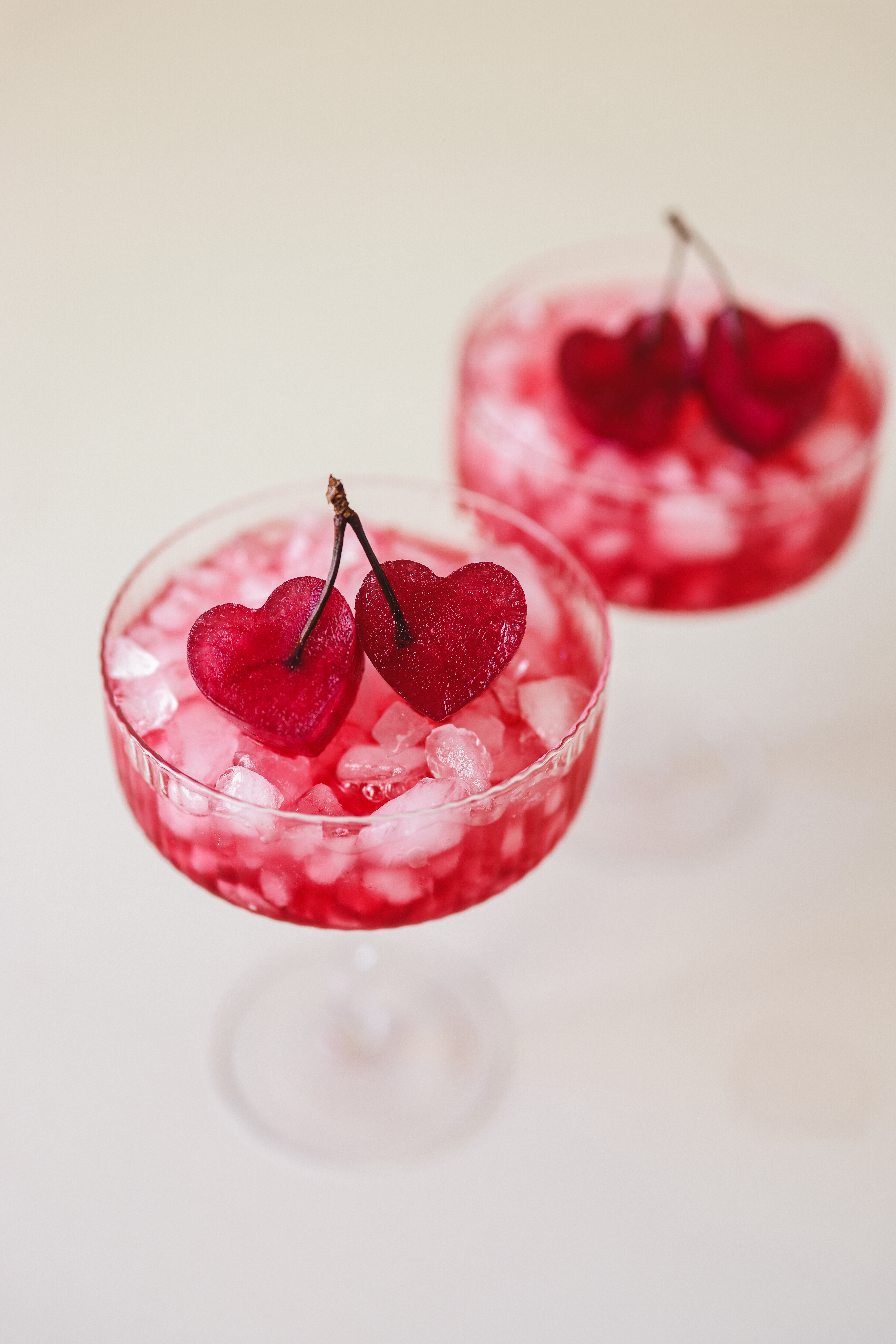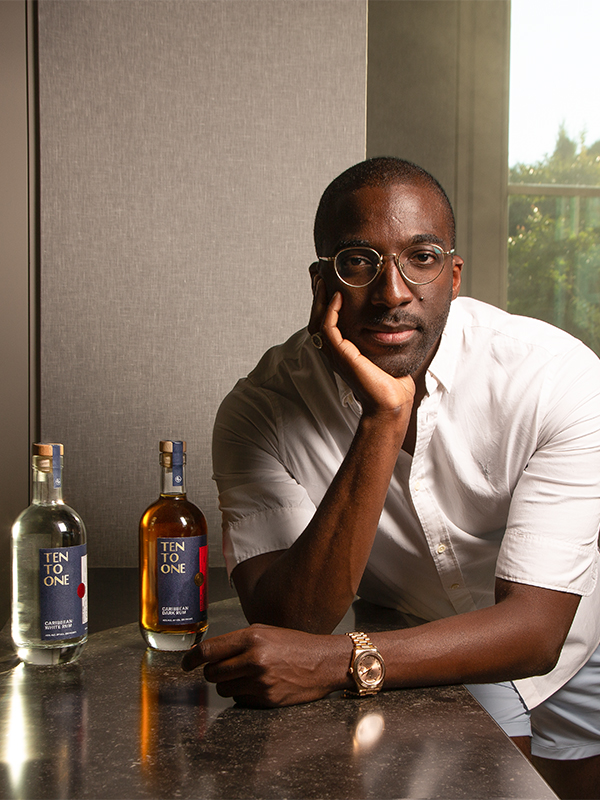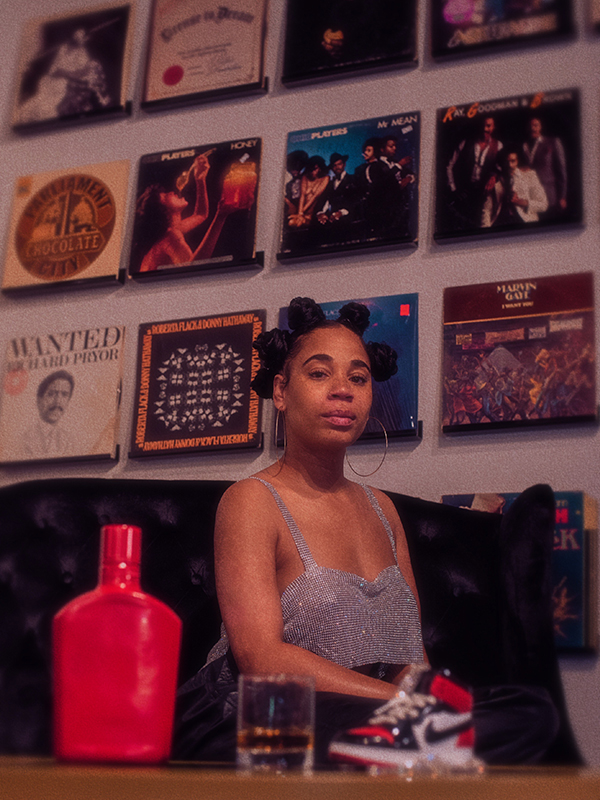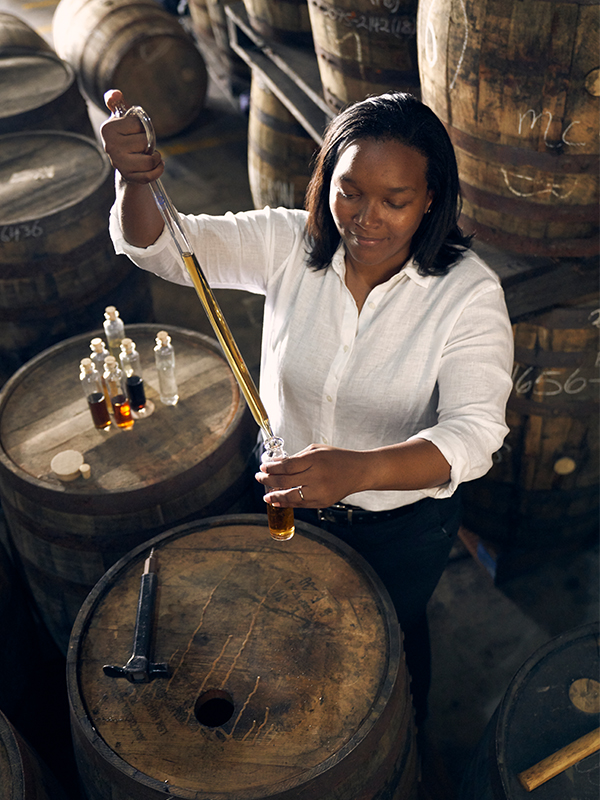It only takes a few moments in his presence to realize that Jackie Summers is extremely passionate about life. Perhaps that is because the longevity of his life was called into question in 2010, when Summers says he was first diagnosed with cancer. Summers recalls that his doctors only gave him months to live.
Faced with this “lemon” of a life moment, the former media executive and founder of the racy blog F&*king in Brooklyn chose to make “lemonade”—or, in his particular case, Sorel, a spirit-infused twist on the classic Caribbean beverage, sorrel. Summers’ premium liqueur features the brightness of Brazilian clove, the warmth of Indonesian cassia, the heat of Nigerian ginger, the woody bottom of Indonesian nutmeg, and the full aromatic body of Moroccan hibiscus.
Launching Sorel was a historical moment: Summers became the first Black person in the United States post-Prohibition to be granted a license to make liquor. It took Summers 623 attempts at procuring the perfect recipe right from his own kitchen, utilizing the flower of the sorrel plant, also known as hibiscus, as its base ingredient. The 624th batch was the winner, the one that’s enjoyed today. And, as part of this new business endeavor, Summers decided to turn his pen name, Jack From Brooklyn, into his parent company, vowing to make Sorel liqueur its first successful brand.
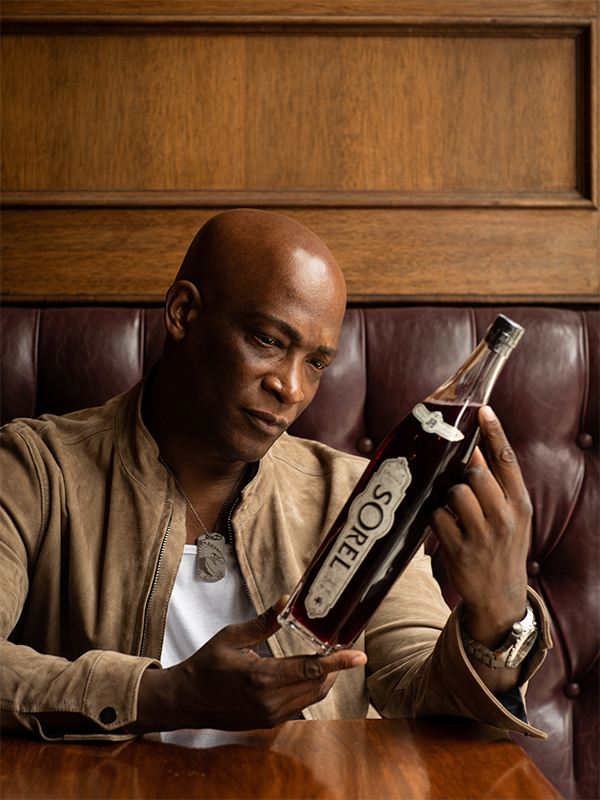
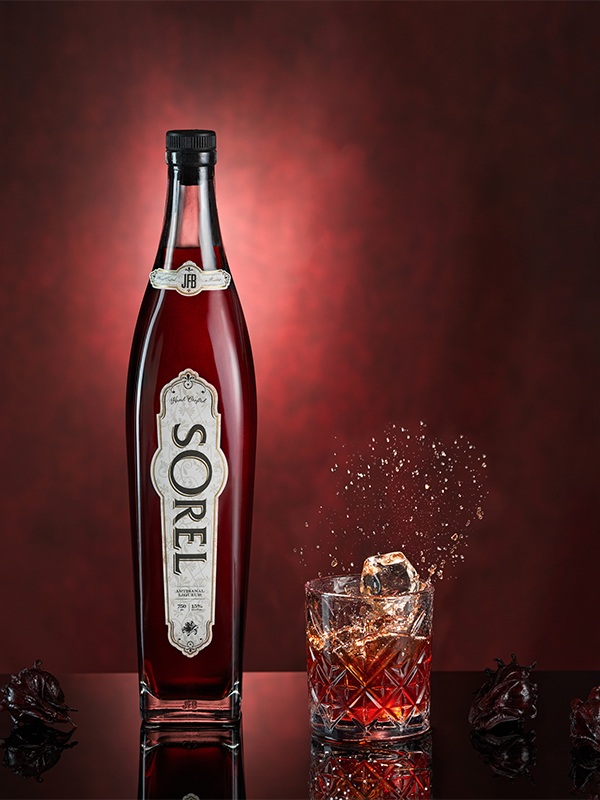
Summers eventually recovered from cancer, which was even more motivation to continue growing Sorel. Fast forward to the present: Summers’ Sorel liqueur is taking the spirit world by storm. Its investors include Fawn Weaver and her top-tier American whiskey brand, Uncle Nearest. The story of Sorel also serves as a powerful testament to what one can create and accomplish when they get out of their head and listen to their heart. Summers, whose roots lead back to Barbados, has not only found a greater appreciation for life, but he’s also found renewed passion and purpose in the process.
Sorel has only one “r” to it, which creates a distinction from the pronunciation of the beverage Sorel is inspired by, sorrel. The plant sorrel is pronounced with a hard “r” and its second syllable rhymes with the word lull, whereas the “r” in Sorel is soft and its second syllable, when pronounced correctly, rhymes with the word fell.
Summer intentionally chose to name his award-winning product with just a single “r” letter. “I have a speech impediment,” says Summers, recalling the eight years he spent taking enunciation classes. “I [still] can’t pronounce the letters r and l. So, for me, trying to say sorrel is like trying to say rural…it’s an awful word. Sorel is happy—and I can pronounce it.”
Although he struggled to pronounce its name, Summers’ childhood was marked with fond memories of sorrel, including going to the longstanding West Indian Parade—held on Brooklyn’s stretch of Eastern Parkway every Labor Day. This U.S. carnival is a popular version of the carnivals that take place in the Caribbean and annually draws together a mix of folks who rep for their particular part of the Caribbean to celebrate the commonalities and nuances of the collective.
“I remember being a child in the streets of Brooklyn, on Eastern Parkway, and I’m eating beef patty,” says Summers. “And I’m eating roti. And I’m eating curry goat. And I’m eating jerk chicken. And I was like, this is me. This is who I am. This is my soul.”
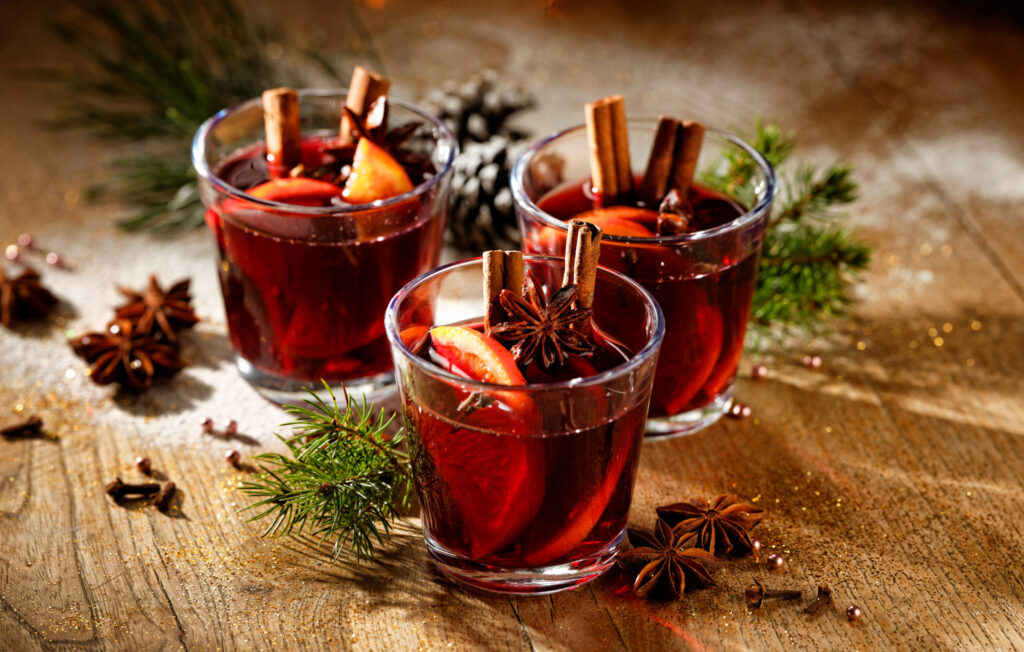
Summers also remembers washing all of this Caribbean cuisine down with non-alcoholic sorrel. “That was how I really began to self-identify as a person of Caribbean descent,” he shares.
Summers reveals that his grandparents came here a century before, from Barbados, and brought the tradition of sorrel-making and drinking with them, as did scores of others. “They knew that hibiscus was a powerful medicinal plant,” says Summers. “It’s full of antioxidants, it’s full of antimicrobials, it’s a natural anti-fungal, it’s a natural diuretic, it’s great for heart and kidney health, [and] it’s a natural aphrodisiac.”
Interwoven with sorrel’s narrative is the history of the slave trade, which brought the ritual of this powerful “red drink” consumption from Africa to the West Indies and ultimately to the states, Summer shares.
He adds, “Every island ends up doing a slightly different version [of sorrel] for two reasons: The first is that people made a version of this based on what spices were being traded in their ports. The other reason that there was no definitive version of [sorrel] is because the people who were making it weren’t allowed to write down recipes—because they weren’t allowed to read or write.”
Not all of the history is pretty but “to fluff over some of the harsher details would be a disservice to a story that is ultimately about joy and perseverance,” he says. If Summers has his way, this story will continue to be told for generations to come.

